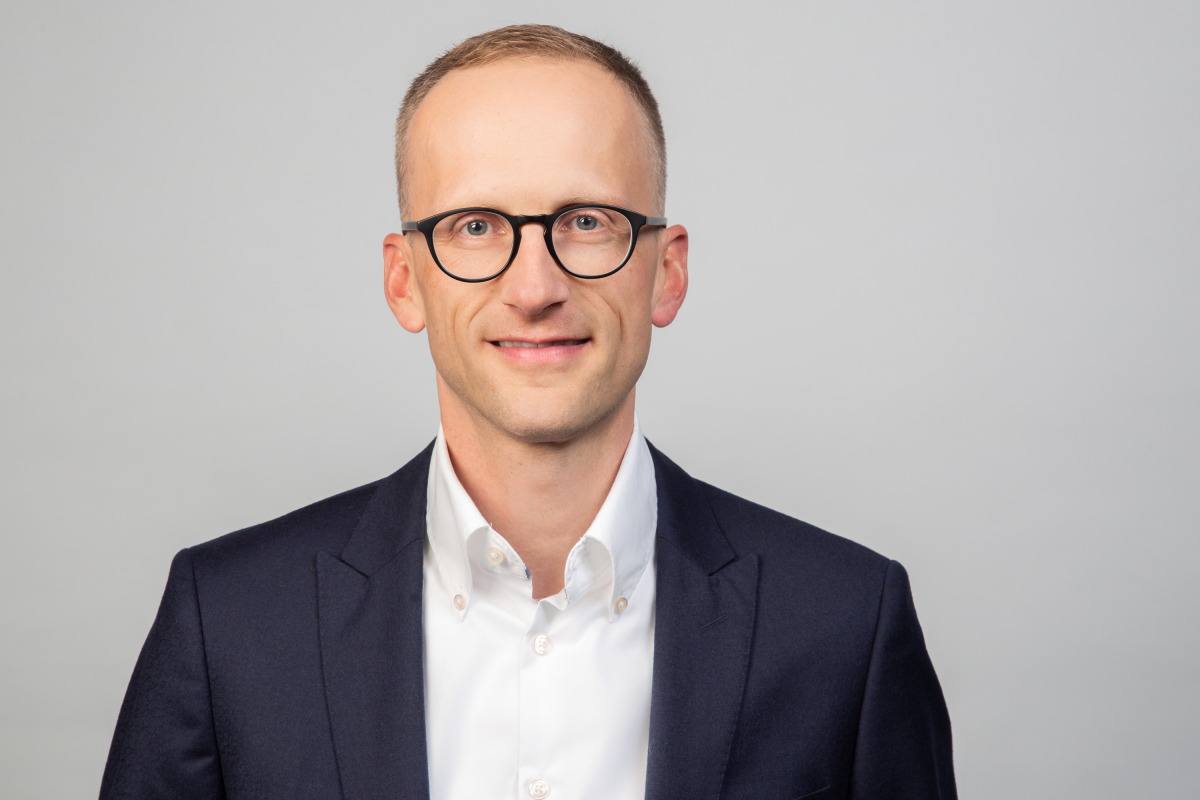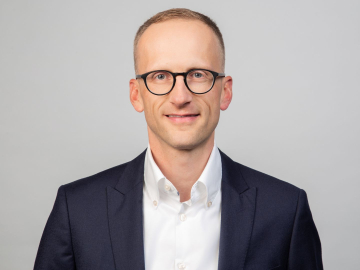"Joiners" are vital to innovation

The POK Pühringer PS Chair in Entrepreneurship has been filled by Henry Sauermann, who joined ESMT Berlin as associate professor of strategy in May. Prior to coming to Berlin, Dr. Sauermann was an associate professor of strategy and innovation at the Scheller College of Business at the Georgia Institute of Technology (USA) and he is currently a research associate at the US National Bureau of Economic Research (NBER). His research in innovation and entrepreneurship has been published in a wide range of academic journals including Management Science, Organization Science, Research Policy, Proceedings of the National Academy of Sciences, and Science.
Tell us more about “joiners” and what makes them special.
Joiners are individuals who work in entrepreneurial startups but who did not found these firms – they “joined” founders in new ventures. Especially in technology-based startups, joiners often provide essential capabilities, be it in technology, marketing, finance, or other critical functions. But many founders face challenges in building their startup teams – after all, it is important to not just find people who can do certain types of jobs, but employees who are a good fit with the startup environment.
In work with my colleague Mike Roach at Cornell, I have studied a large cohort of science and engineering PhD students to understand their career goals and job market transitions. One question was how exactly “joiner types” – individuals who prefer to work in startups – differ from individuals who want to be founders or employees in established firms. Among others, we find that joiner types care much more about factors such as autonomy than employees in established firms, and they are more willing to bear the risk that comes with working for a young and small firm. But joiners also differ from founders – among others, they are less interested in management.
Similar differences emerge in related work I have done using a large sample of scientists and engineers working in US firms. Most notably, employees working in startups are less concerned about job security than those working in established firms (even though job security is lower in startups!).
How will joiners change the startup scene (in Berlin and elsewhere) and affect older, more established firms?
Joiners have always been around, and many startups would not be able to function without them. However, the public discussion has failed to recognize that joiners differ from other types of employees, and we don’t really know yet what roles they play in startups. One question we are currently studying is what benefits startups get from hiring “joiner types,” that is, individuals who have a strong preference for working in a startup rather than in other types of firms. We conjecture that joiner types may be willing to join startups for less compensation than other individuals and that they are also less likely to quit and search for jobs in established firms.
Another important question is whether joiner types are more productive than others. In forthcoming work using data from the US, I find that scientists and engineers working in startups are more innovative than those in established firms, and some of this advantage is explained by their greater willingness to take risks.
But research on joiners also matters for large corporations. Most obviously, it is important for established firms to understand how startups “tick” since startups are often the competitors who disrupt existing business models or introduce radical innovations into the market. At the same time, many established firms benefit from working with startups as collaborators, and these partnerships can be more effective if both sides understand differences in culture and in employees’ motives. Perhaps most interestingly, our study of science and engineering PhDs shows that a large share of “joiner types” – individuals who would prefer to work in startups – end up working for large firms. While we are still in the process of understanding why it may well be that these joiner types are a critical resource that large firms can tap into when trying to become more innovative and to foster “corporate entrepreneurship.”
What about your recent work on crowd science and innovation contests?
I am fascinated by the question of how organizations – whether startups, established firms, or universities – can become more innovative. One approach is to draw on human capital from outside the organization’s boundaries, such as the larger “crowd” of people. Reaching out to the crowd can yield valuable inputs such as ideas and knowledge but also effort. Some professional scientists try to use help from the crowd to make scientific research more efficient. Using data from a large platform of such “crowd science projects, we find that the crowd contributes hundreds of thousands of hours of work, and many projects would not have been feasible without the help of the crowd. However, there are also distinct challenges: Many individuals contribute only for a few minutes and do not return, and crowd science projects can easily run out of help if they fail to constantly attract new participants through word of mouth or media attention.
As such, “free help” from the crowd sounds exciting, but organizers need to be aware of the significant work that is required to manage such projects and need to be smart about recruiting and retaining participants.
In a new project in the context of medicine, my collaborators and I study how organizers can push the boundaries even further. Most existing crowd science projects use the crowd to collect data, process information, or solve problems that have already been defined by the organizers. Our new research asks: How can the crowd help identify what problems we should be tackling in the first place?
